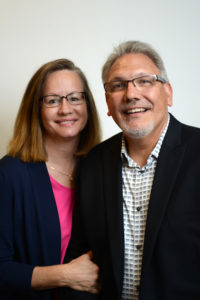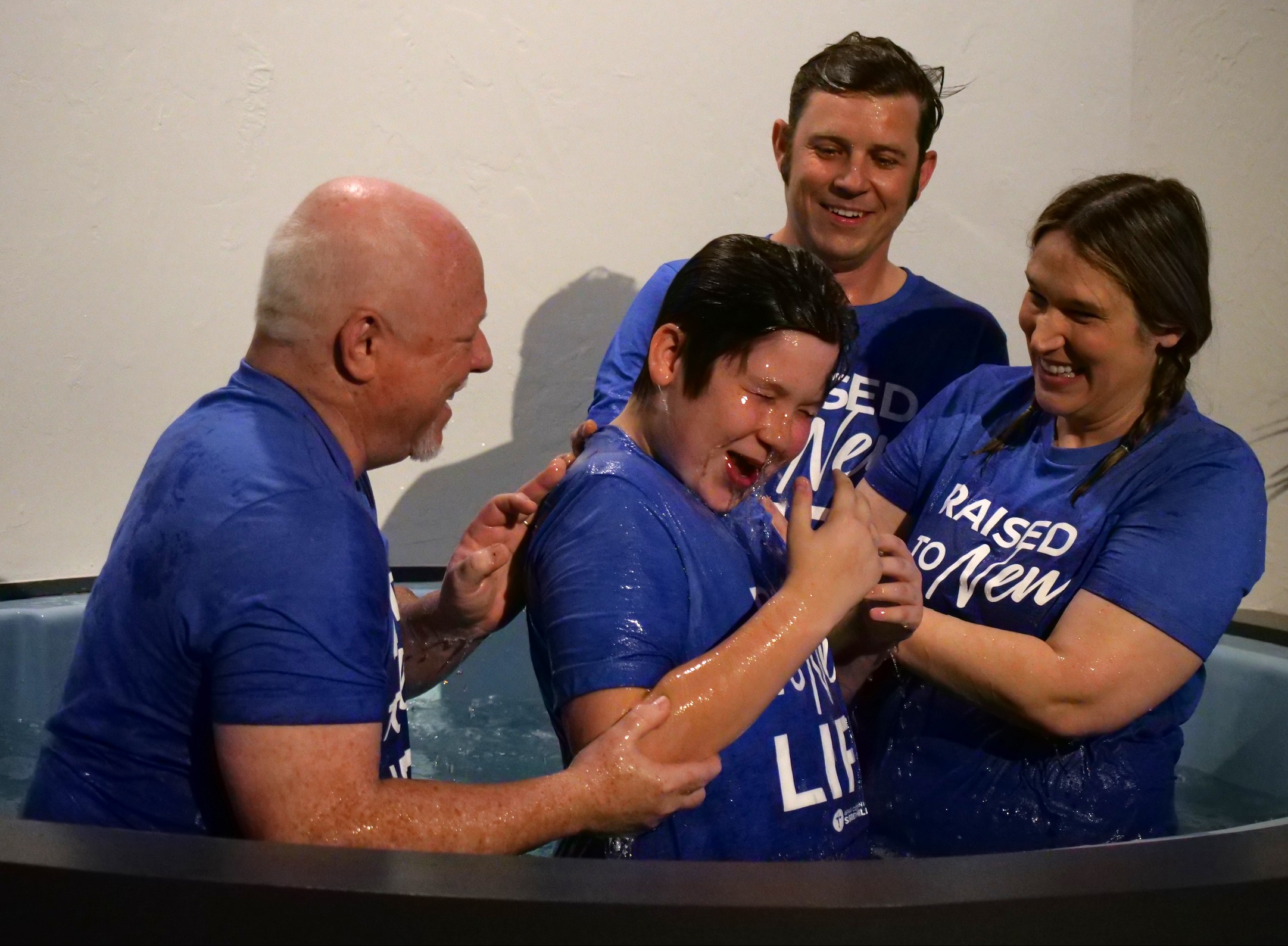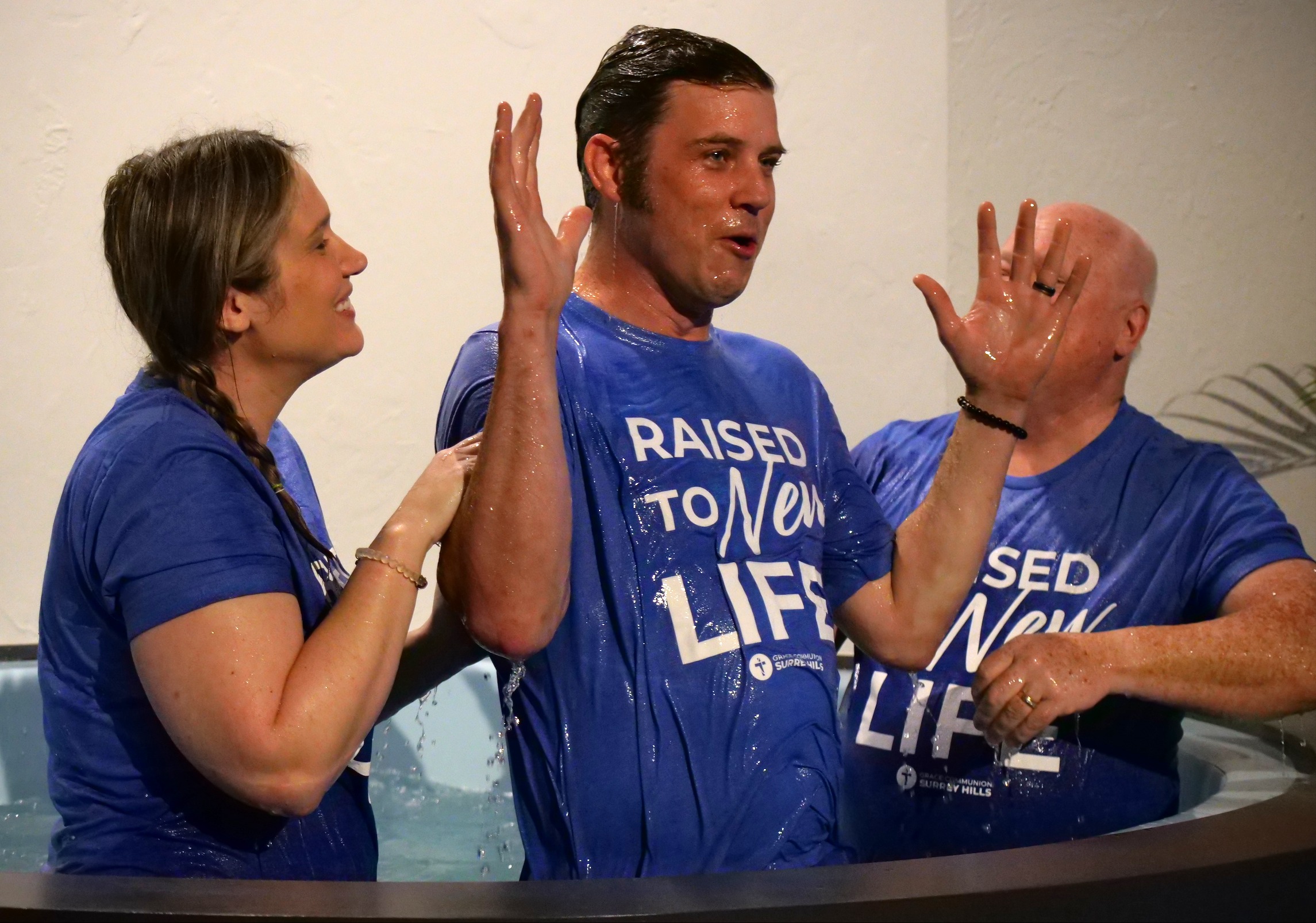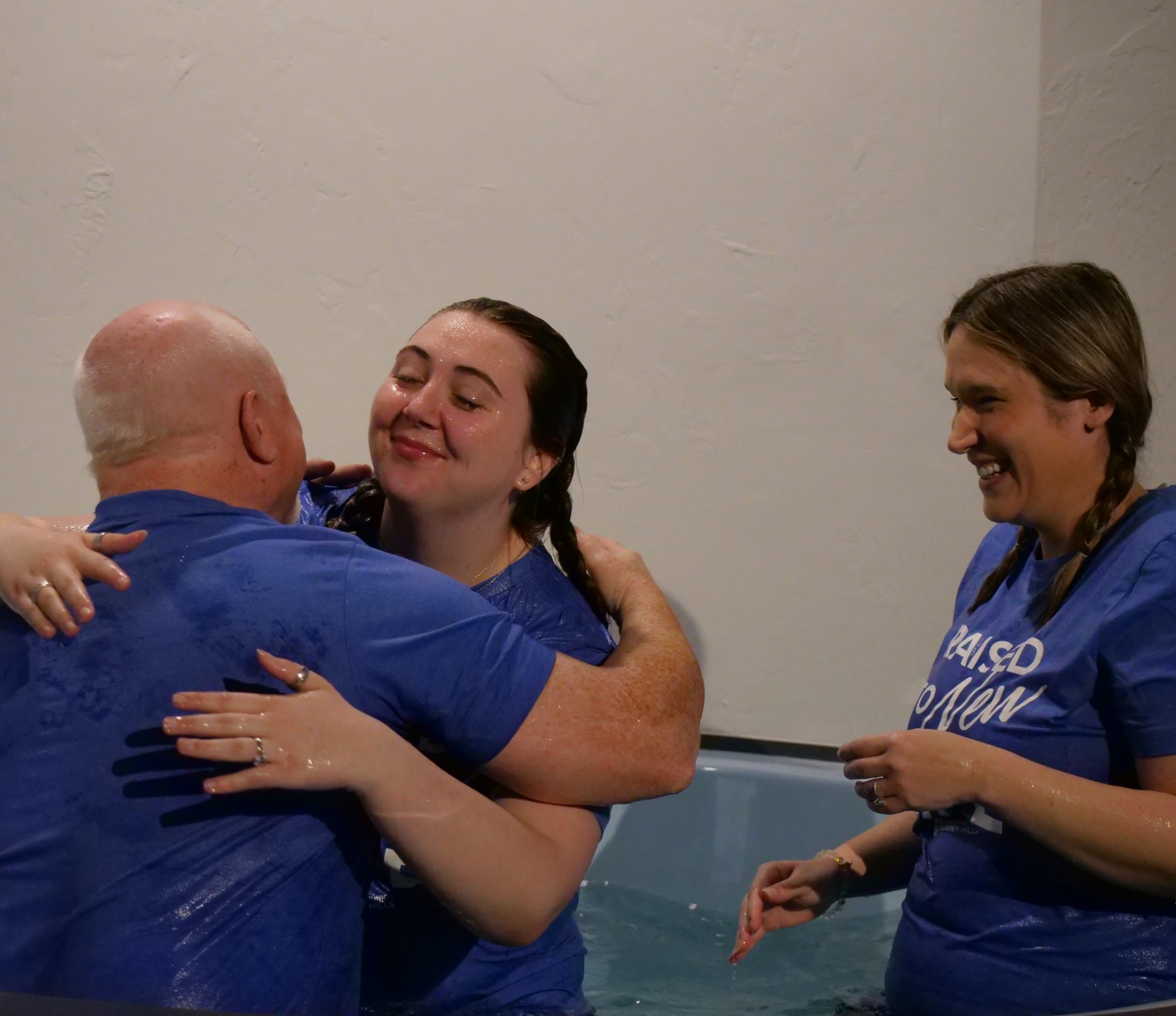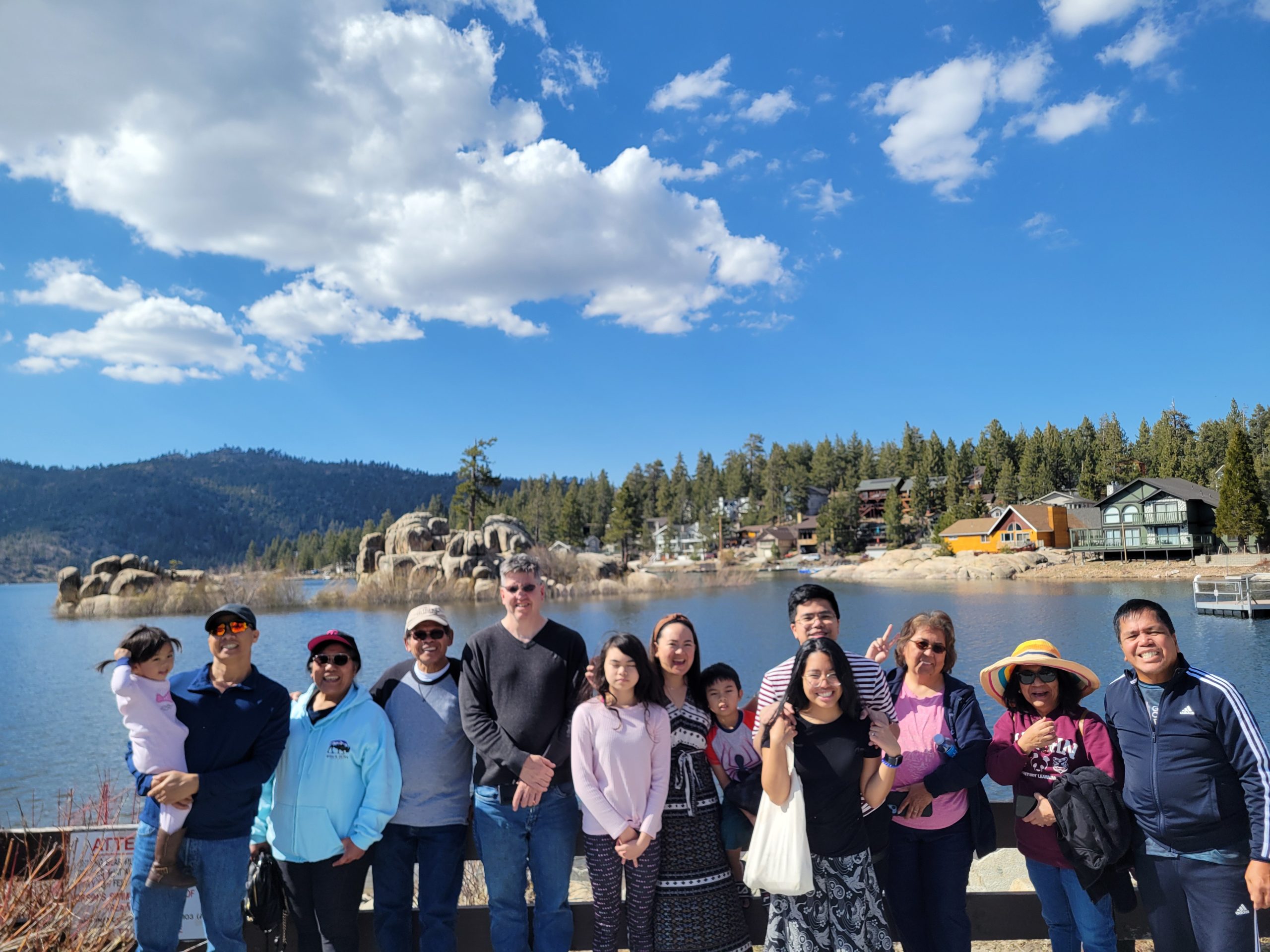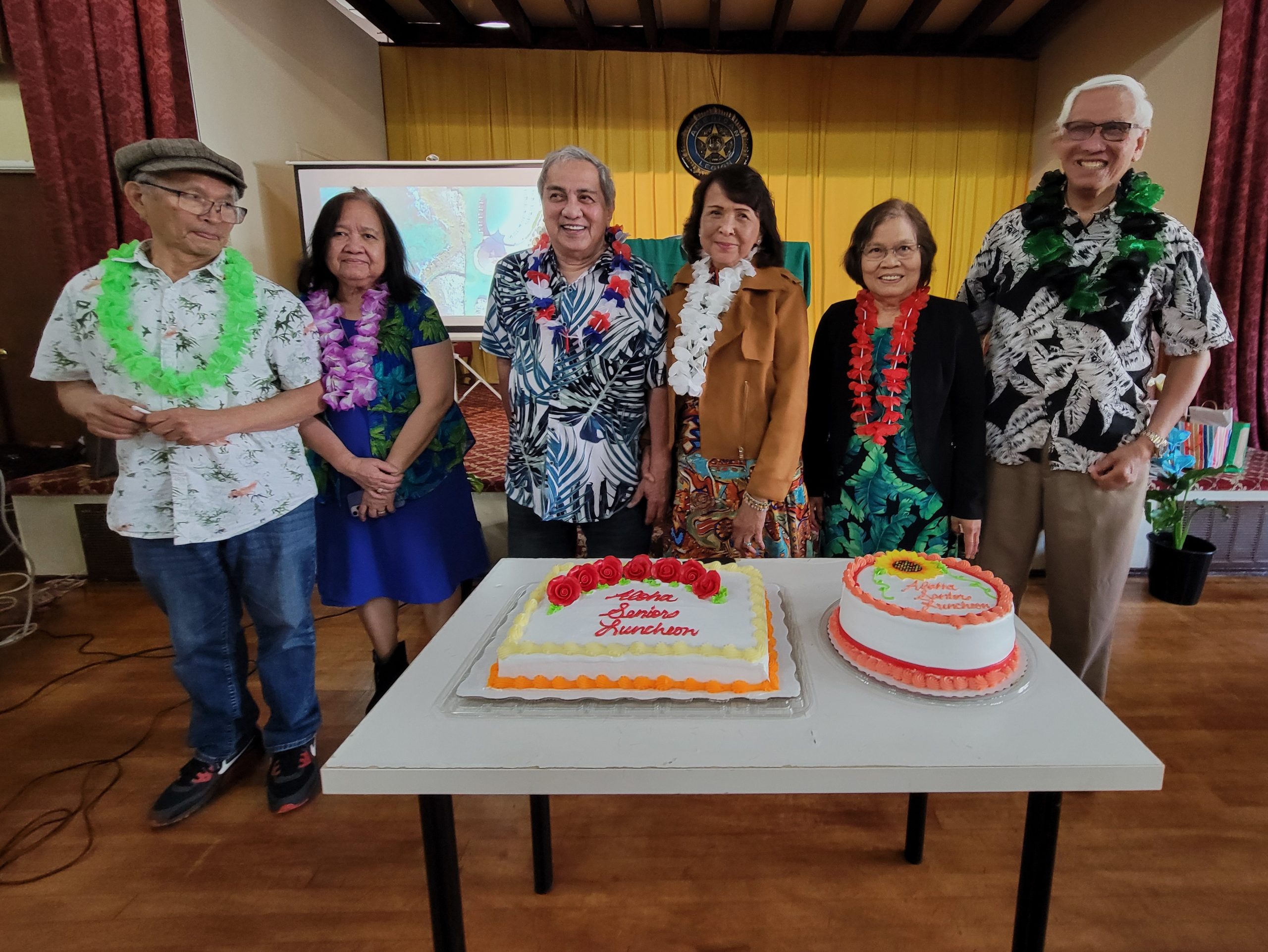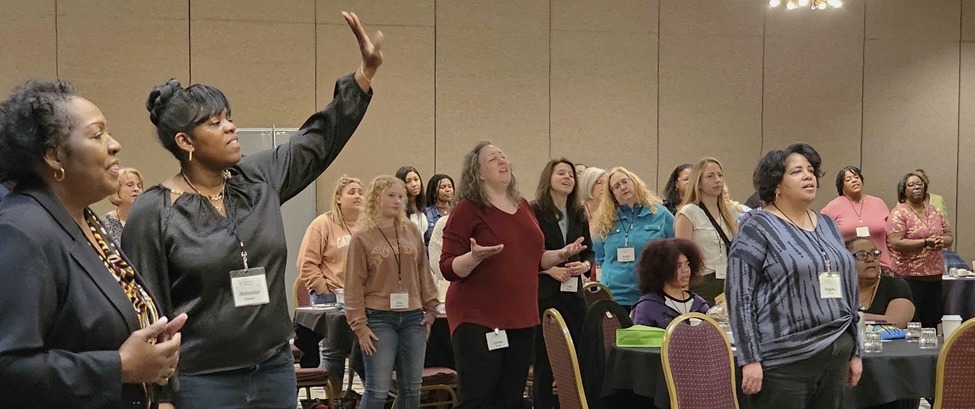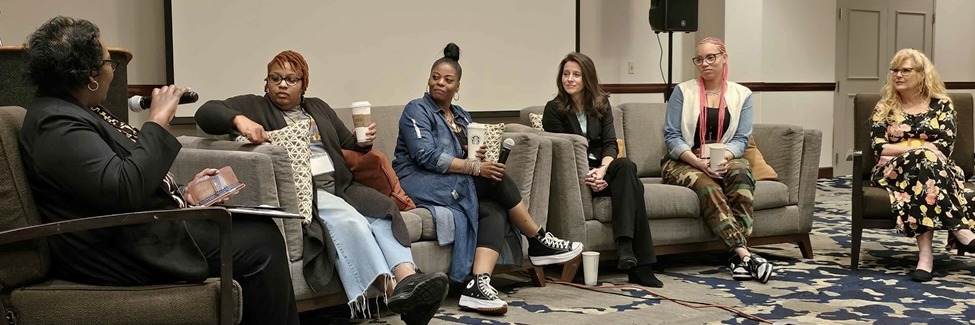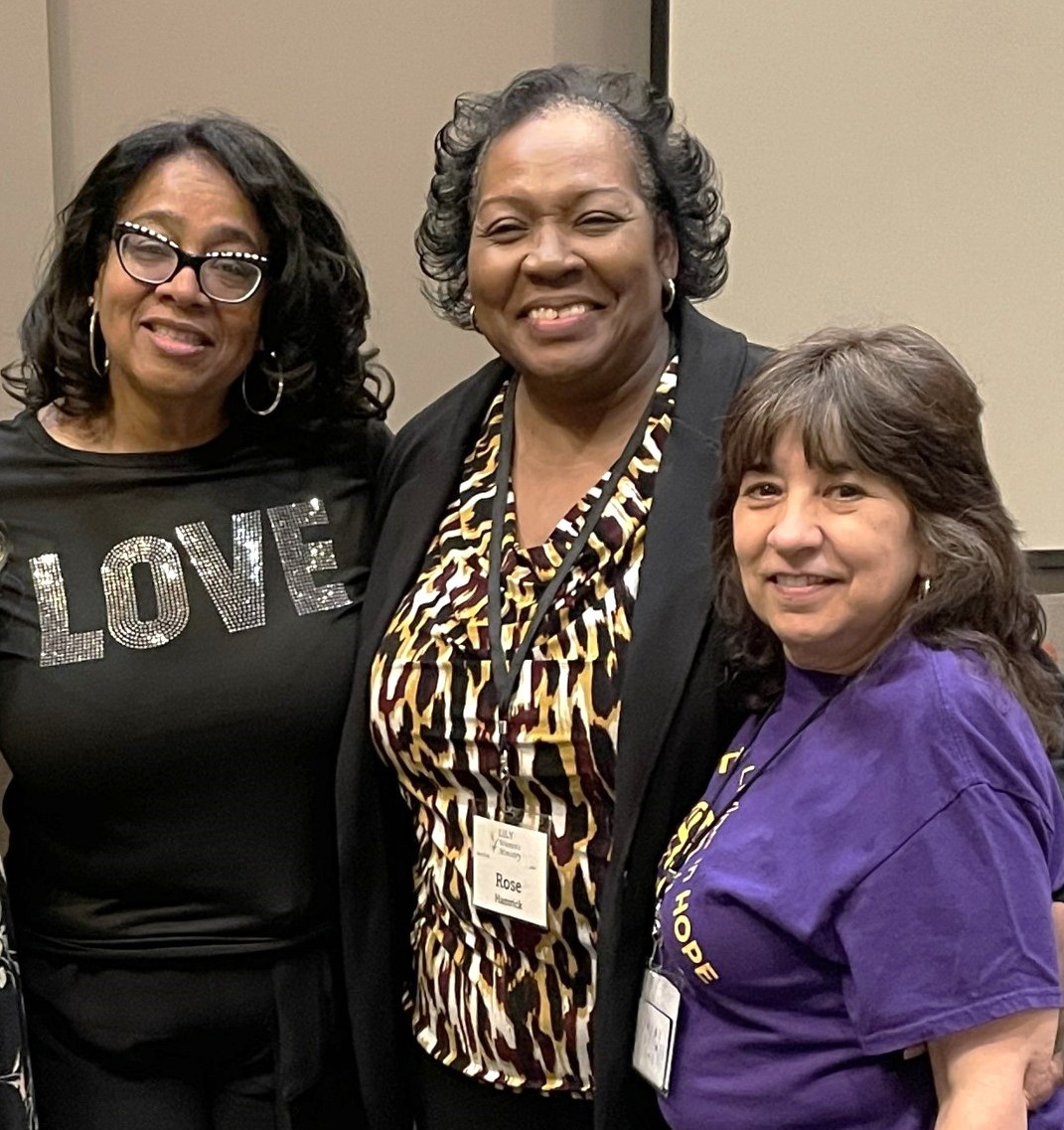Many of us became passive. Not much happened in some congregations except that we got together and talked about our theology. Our theology does not teach passivity.
If we want to be the healthiest expression of church that we can be, then we need a purpose, and not just any purpose – it must be the purpose Jesus has given us. Jesus assigns us not just to focus on our internal relationships, but also to work together in a mission to the world. It is a mistake to wait until we get all our internals right before we begin working on the external mission.
The triune God is not a passive God – he is a God of action. God’s being cannot be separated from his doing. He is the one who loves, who saves, who wants to live with us. He reveals who he is with verbs, by what he does, and he has made us in that image. We reveal who we are by what we do.
In GCI, people sometimes talk about our need to believe “the truth of who I am.” We are dearly loved children of God, forgiven and holy – that is true. However, we should also say, “As a child of God, as someone who has been created to be like God, I am to do what God says I am to do.” Who we are defines what we do because doing goes hand-in-hand with being. God, the self-existent one, revealed himself most often as a God of action: “I am the God who brought you out of the land of Egypt, I am the God who saved you, I am the God who loved you and sent my Son to die for you.” He does not merely exist, but he does something in relation to others.
We should not separate being and doing, because we are what we do. In biology, life is detected by and measured by its results. In Christianity, people who love God want to do what God says we should do; we are involved in his way of life (love) and his mission (love). The New Testament describes people who didn’t just sit around telling each other to believe in who they are. People showed who they are by what they did. Indeed, the mission helped them understand their true identity.
Jesus told his disciples to take a message to the world, not just keep it to themselves. Many of our congregations are not doing very well at carrying out his commission. The apostle Paul worked hard to take the message to “those who are perishing” (1 Cor. 1:18; 2 Cor. 2:15; 4:3; 2 Thess. 2:10). Is this word “perishing” referring to life right now, or to the future life? Either way, people are perishing. They are alienated from the life of God (Eph. 4:18; Col. 1:21).
Paul believed that his message made a big difference in their lives. He did not try to put a positive spin on their situation by assuming that they will eventually believe. He did not reason, “God will take care of them in the future, so I don’t need to try very hard.” He saw they had a serious need, and he worked as hard as he could to address that need (1 Cor. 9:20-22). That is love in action. That is living and sharing the gospel.
Some GCI members are universalists; they hope that God is as merciful as they believe they are. But this measures God by our own sentiments. We ought to say, “I hope that I rejoice in whatever God does, because I trust that he knows what is best. I leave it to him.” If Paul was a universalist, he didn’t make that part of his message. His hopes for the future salvation of Israel (Romans 11:26) did not reduce his desire to spread the gospel.
If speculations about future opportunities for salvation cause us to neglect the mission Jesus gave us, they are harmful. Speculation in itself may be okay, but it’s not healthy to respond with passivity, a lack of concern, and a neglect of Jesus’ command. Our commission, as dearly loved children of God, is to do the work Jesus gave us to do, not to speculate on how Jesus might do his work in the future.
Jesus is good news for the world, and he has good news for us to share. But for us to be able to describe that news as good, we need to be able to describe the negative consequences if the news isn’t shared. People are alienated from the life of God and are perishing, and the question for us is, do we care? Do we see their serious need and work as hard as we can to address that need? In other words, do we see our mission in the same way as Paul and other apostles did?
If our theological mantra of healthy church leads us into inaction, we need to think a little deeper. That was certainly not its intent. We need to get back to our Master’s business. Numerical growth may or may not come – that is not our responsibility – but we should be doing the job that Jesus gave us. We should be living in light of the gospel and sharing it with the world in our deeds and words. If we want to be healthy, we need to focus on Jesus’ mission, not on ourselves. Spiritual health requires love – an orientation to others; it cannot be achieved by focusing on our own health.
A healthy church will also have a healthy mission, and our mantra of being the healthiest expression of church includes community life and mission. Both are necessary for healthy church. Both are necessary for us to participate with Jesus in fulfilling the mission he gave us. Both are necessary to be the people Jesus wants us to be.
 Mike Morrison, GCS President
Mike Morrison, GCS President
